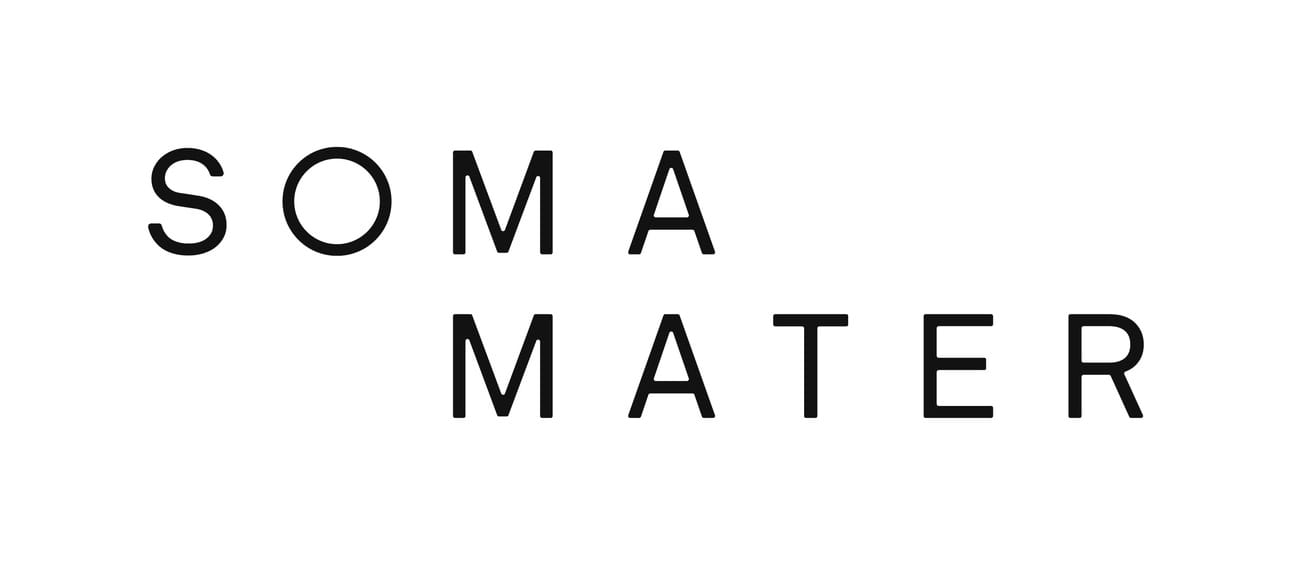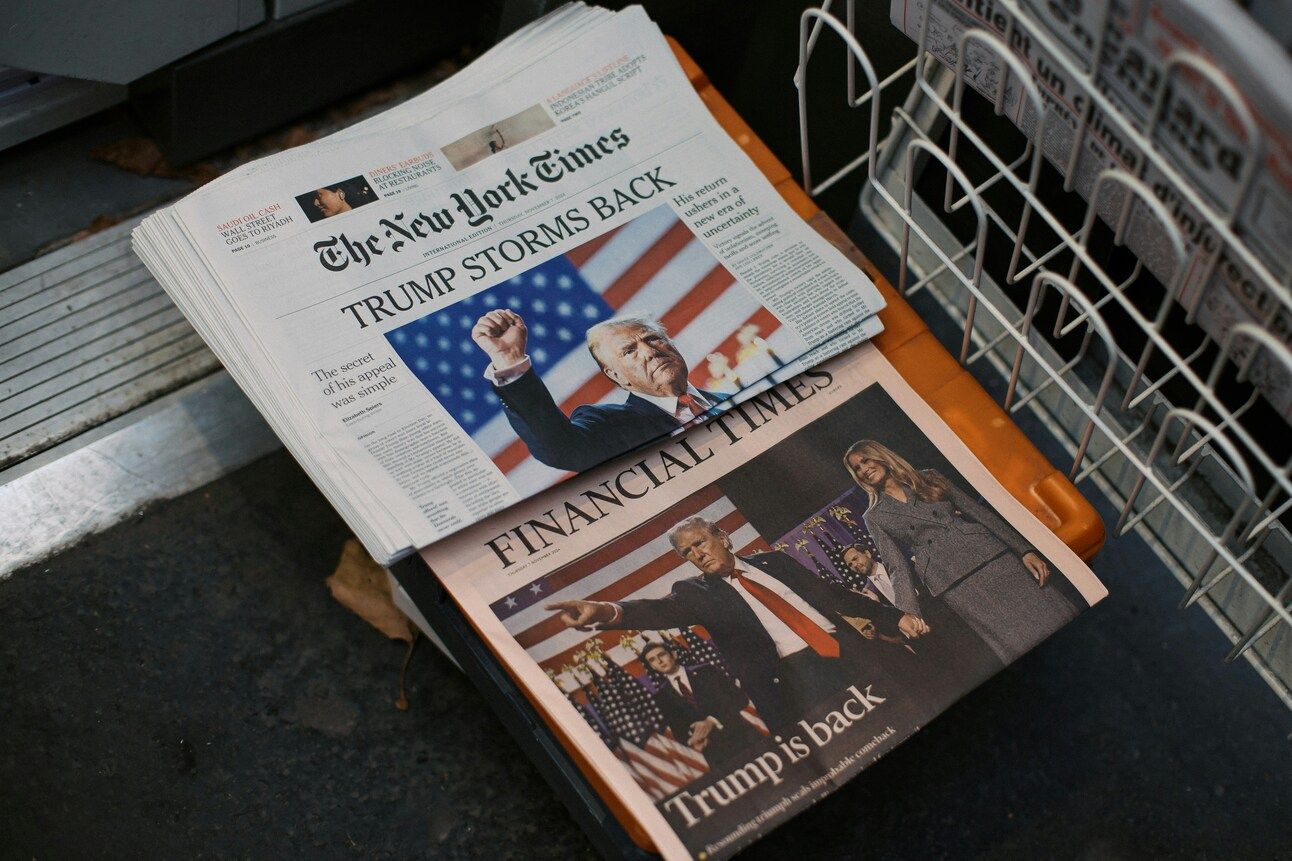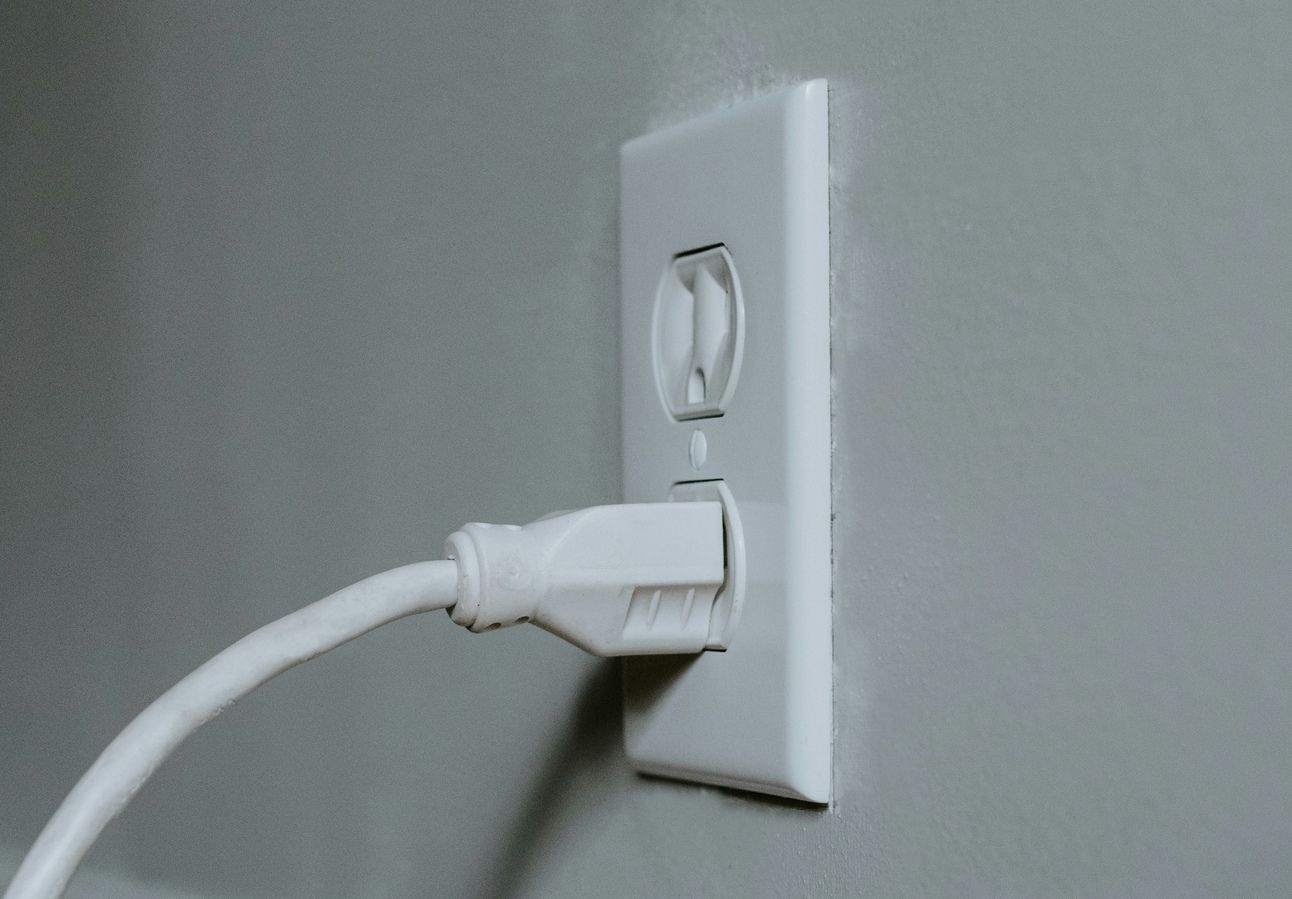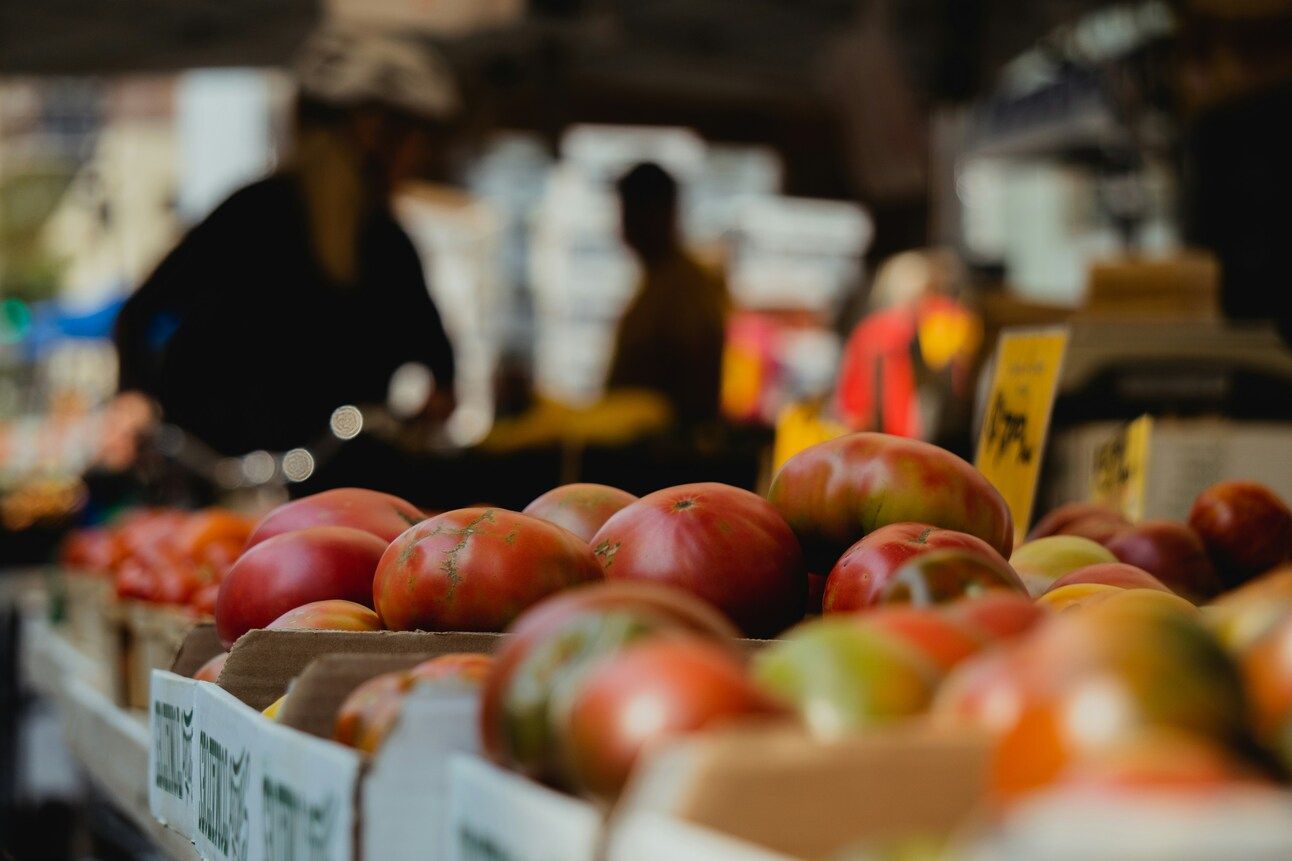- Soma Mater's Newsletter
- Posts
- SOMA Newsletter
SOMA Newsletter

Welcome to the SOMA MATER weekly newsletter.
At SOMA MATER, we specialize in delivering comprehensive research and advisory services with a focus on Food & Water Security and Net Zero Transition in the MENA Region. In order to support our subscribing clients in navigating these topics and understanding the regional narrative, we produce monthly Food and Water Security and Net Zero Transition Intelligence Reports, along with our in-depth analysis and insights.
This weekly newsletter highlights the top 3 stories from the past week in Food and Water Security and Net Zero transition, along with SOMA MATER's analysis and perspective.
What economic and strategic agreements were made during President Trump's recent Gulf tour, and how might these impact regional dynamics?
How is Kuwait working to achieve its renewable energy targets while managing infrastructure challenges?
What is the UAE's new Geographical Indications (GI) system and what are the first four products that received GI status?
Sustainably yours,
The SOMA team
Deal or No Deal? Trump's Gulf Adventure Hits the Jackpot
#NetZeroTransition

President Trump took a three-country tour of the Gulf region, including the UAE, KSA, and Qatar, to strengthen economic partnerships and advance US strategic interests. The visit resulted in several agreements, including a historic $142 billion defense cooperation agreement with Saudi Arabia - the largest in US history. Total agreements with Saudi Arabia exceeded $300 billion, while the UAE committed to investing $1.4 trillion in the US over the next decade.
The tour yielded progress in technology and energy cooperation. Plans include American investment of up to $60 billion in UAE-based energy projects, with both nations targeting joint investments of $440 billion in the energy sector by 2035. An agreement was also reached to establish the largest artificial intelligence campus outside the US in Abu Dhabi, along with $200 billion in new agreements including a $14.5 billion commitment between Boeing, GE Aerospace, and Etihad Airways.
President Trump announced the lifting of US sanctions on Syria. Following this decision, DP World signed an $800 million agreement to develop Syria's port of Tartus, marking one of the first major deals after the sanctions' removal. US sanctions severely impacted Syria's economy and regional stability. With Saudi Crown Prince Mohammed bin Salman's diplomatic efforts leading to their removal, Syria can now receive international aid without restrictions. This enables the country’s reconstruction, potential refugee return, and improved Syrian-Lebanese relations, while also demonstrating Saudi Arabia's diplomatic influence in the Middle East.
SOMA’s Perspective:
While oil has historically been what has driven global powers to the Middle East, we are witnessing a shift. The magnitude of investments we have followed in Saudi Arabia, the UAE, Egypt, and even Oman - reflects the region's evolution from mere oil supplier to a future energy and technology hub. The joint energy sector investments signal that Gulf nations are becoming increasingly influential shapers of the global economic order through the energy sector. Saudi Arabia's influence in lifting sanctions on Syria also demonstrates the region's growing role in international diplomacy.
Sources:
https://www.khaleejtimes.com/world/gulf/trump-riyadh-visit-highlights-middle-east-tour?_refresh=true
Kuwait’s Power Play: Smart Up When Power’s Down
#NetZeroTransition

Kuwait has ambitious renewable energy targets, aiming to source 30% of its energy from renewable sources by 2030 and 50% by 2050. The nation will progress toward these goals through the Shagaya solar power complex, which is expected to help achieve 26-27% renewable energy share by 2028 when opened. A Chinese company will be executing phases 3 and 4 of the project.
The country has also embraced smart technology solutions to enhance energy efficiency. The Ministry of Electricity, Water and Renewable Energy has installed smart electricity meters in approximately 95% of schools and mosques nationwide. These smart meters enable remote control of power supply, allowing authorities to cut off electricity in schools after hours and in mosques following prayer times, effectively reducing unnecessary consumption during peak demand periods.
Kuwait's transition to renewable energy faces unique challenges due to its abundant fossil fuels, which have made alternatives less appealing. Overall, the Persian Gulf region's renewable market struggles with inadequate regulatory frameworks, high investment costs, and limited infrastructure. With 80% of renewable capacity controlled by just 15 countries, technology access and geopolitical dynamics become crucial parts of the renewable energy sector. China's growing dominance in renewable technology means countries without renewable capacity risk future dependencies.
SOMA’s Perspective:
The implementation of smart meters and the development of the Shagaya solar complex are Kuwait’s most recent moves in an their energy landscape. These initiatives demonstrate the story SOMA has been following: countries in the region seeking to address chronic power challenges, particularly during peak summer demand. As global energy geopolitics evolve, particularly with China's growing dominance in renewable technology, Kuwait's push toward diversification is important in order to maintain energy independence while transitioning to renewables.
Sources:
Made in UAE: Getting Serious About Our Sweet Spots
#FoodandWaterSecurity

The UAE's Ministry of Economy has launched a Geographical Indications (GI) system, marking the country's first federal program of its kind. This initiative is designed to protect and authenticate products with specific geographical origins, integrating into the national trademark law and establishing mechanisms to prevent misuse while ensuring consumer trust in product authenticity. Other countries in region like Jordan, Lebanon, Oman, Saudi Arabia, and Morocco already have GIs implemented for certain products.
In its initial phase, it has granted GI status to 4 distinctive national products: Hatta Honey, known for its mountainous environment qualities; Ras Al Khaimah Ceramics, celebrated for traditional craftsmanship; Dabbas Dates from Al Dhafra, recognized for their authentic character within their region; and Traditional Palm Frond Products, representing the UAE's artisanal heritage. There are 25 additional products under review and an active online registration service open to both domestic and international producers.
While the GI system offers significant benefits including higher prices, market access, and cultural identity preservation, it also presents certain challenges. These include potential exclusion of less efficient producers due to strict rules and high production costs, organizational challenges, and institutional inefficiencies. Nevertheless, GI systems are expected to stimulate local production, generate employment, and enhance value chains across traditional and modern industries.
SOMA’s Perspective:
The UAE's implementation of the GI system is a step toward aligning with global standards in product protection and market development. By doing so, the UAE is following the path already taken by regional neighbors like Jordan and Morocco. However, the economic implications remain uncertain. Even the EU's extensive experience with GIs has led to mixed empirical evidence on their economic impact. While some products have demonstrated success, these outcomes are not universally expected. We are yet to see how this system will impact the local producers in-country.
Sources:
SOMA MATER is writing Intelligence Reports on the topics of Food and Water Security and Net Zero Transition. If you’d like to know more, contact us through the link below: